Establishment of Relationship Model between GGDP and Climate Based on Grey Method
DOI: 10.23977/erej.2023.070707 | Downloads: 8 | Views: 1416
Author(s)
Xiangyu Sun 1
Affiliation(s)
1 School of Electronic and Information Engineering, University of Science and Technology Liaoning, Anshan, 114051, China
Corresponding Author
Xiangyu SunABSTRACT
The aim of this paper is to develop a gray prediction model to predict climate impacts. Firstly, GGDP is accounted for through the asset-liability accounting method, i.e., resource depletion costs and environmental degradation costs are deducted from GDP. This is calculated by deducting the cost of environmental resources and the cost of environmental resource protection services from the current total GDP, i.e., GGDP = Traditional GDP - Resource Reduction Costs - Environmental Maintenance Costs. Second, to determine the use of carbon dioxide as a predictor, monthly global carbon dioxide emissions from 1959 to 2022 were collected from the National Bureau of Statistics of China. Then, based on the analysis of the intrinsic trend of the data and the series rank ratio test after the translation transformation, the use of the gray prediction model to predict carbon dioxide concentration was justified. Then, using the historical data fitting, the average relative error of the model is calculated to be 0.958%, which indicates that the model fits well and predicts that the carbon dioxide concentration in the coming year will increase from 411.372 ppm to 412.936 ppm on a monthly basis, paving the way for the prediction of global climate change. Finally, global temperature values were collected from NASA from 1992 to 2021. An exponential regression analysis was performed to analyze the temperature changes. The results show that the temperature shows a clear upward trend.
KEYWORDS
GGDP, GDP, SEEA, Gray predictive model, Exponential regression analysisCITE THIS PAPER
Xiangyu Sun, Establishment of Relationship Model between GGDP and Climate Based on Grey Method. Environment, Resource and Ecology Journal (2023) Vol. 7: 49-57. DOI: http://dx.doi.org/10.23977/erej.2023.070707.
REFERENCES
[1] Shifu Cheng, Liu Qian. Green GDP accounting and authentication [J]. Journal of statistics and decision, 2010, No. 324 (24): 7- 10.
[2] Scientific Platform Serving for Statistics Professional 2021. SPSSPRO. (Version 1.0. 11) [Online Application Software]. Retrieved from https://www.spsspro.com.
[3] Julong Deng. Grey Prediction and Grey Decision [M]. Wuhan: Huazhong University of Science and Technology Press, 2002.
[4] Jinlei Li. Green development calculation of Daihai Basin based on GGDP, GEP and GEEP [D]. Inner Mongolia University, 2021.
[5] Liang Xie. Research on the contribution of technological progress to Provincial Green GDP [D]. China University of Petroleum (Beijing), 2021.
[6] Jianping Zhu,Xiaoxiao Liu,Xianxin Jin, et al. Calculation of Environmental Degradation Cost based on GGDP and BP-Neural Network[C]//Wuhan Zhicheng Times Cultural De- velopment Co.,Ltd.Proceedings of 2nd International Conference on Business, Economics, Management Science(BEMS 2020). [publisher unknown], 2020:7.
[7] Merhaba Maraimeti, Enivar Nyjimu. Green GDP and green economy development in China [J]. China Commerce and Trade, 2013, No.597(36):142- 143.
[8] Lu Deng, Xiaodong Li, Chunxia He, et al. Study on Green GDP Accounting -- A Case study of Xinjiang from 2003 to 2009 [J]. Anhui Agricultural Science Bulletin, 2012, 18(16):30-34.
[9] Duogui Yang, Zhitian Zhou." International background of "green GDP" accounting and progress of China's practice [J]. Soft Science, 2005(05):27-30.
[10] Yan Zhang. Innovative industrial clusters and green economic development[D]. Dongbei University of Finance and Economics, 2021.
[11] Chao Tong. Reconstruction of theory and method of green GDP accounting[D].Shanxi University of Finance and Economics, 2020.
[12] Zheping Liang. Invalid GDP estimation based on the perspective of environmental pollution [D].Hebei University, 2015.
| Downloads: | 6155 |
|---|---|
| Visits: | 497423 |
Sponsors, Associates, and Links
-
International Journal of Geological Resources and Geological Engineering
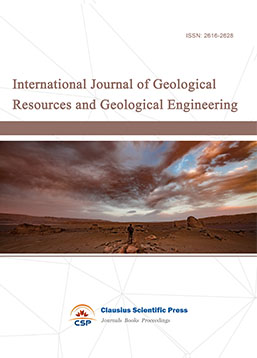
-
Big Geospatial Data and Data Science
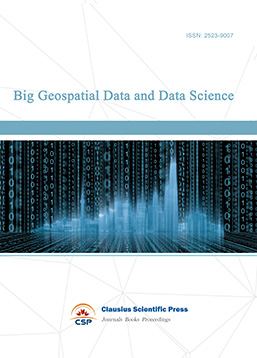
-
Solid Earth and Space Physics
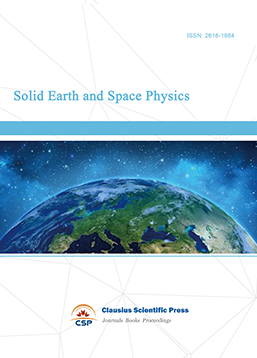
-
Environment and Climate Protection
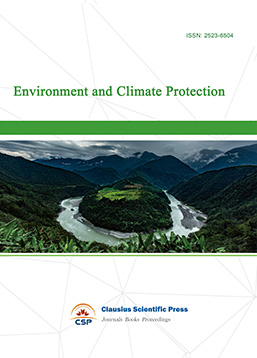
-
Journal of Cartography and Geographic Information Systems
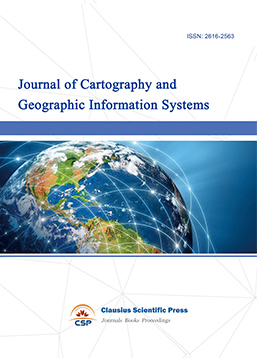
-
Offshore and Polar Engineering
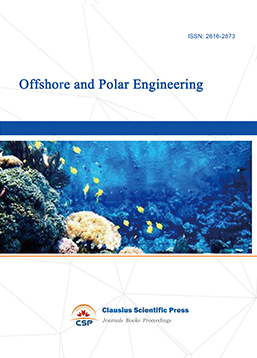
-
Physical and Human Geography
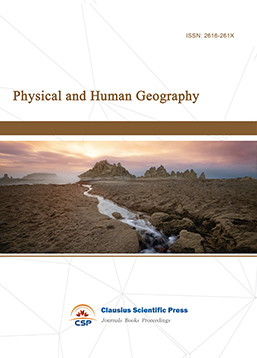
-
Journal of Atmospheric Physics and Atmospheric Environment
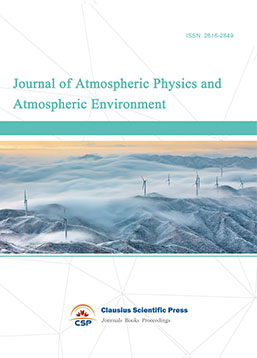
-
Trends in Meteorology
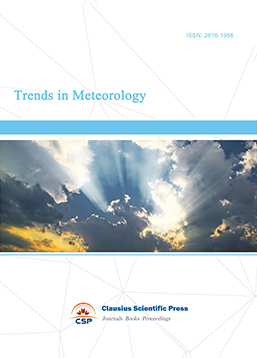
-
Journal of Coastal Engineering Research
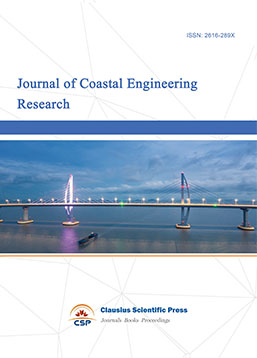
-
Focus on Plant Protection
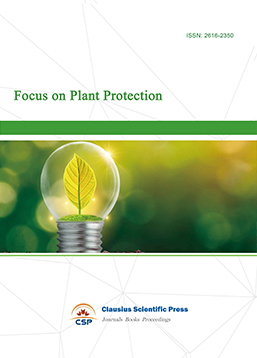
-
Toxicology and Health of Environment
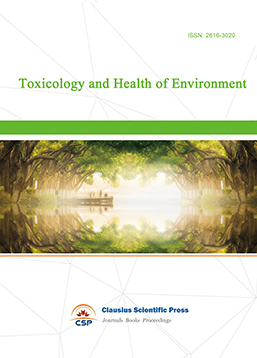
-
Geoscience and Remote Sensing
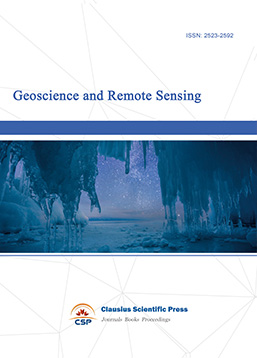
-
Advances in Physical Oceanography
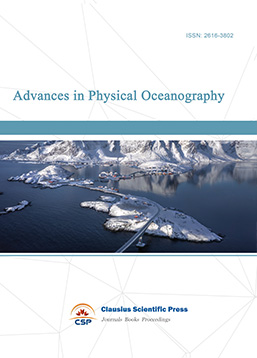
-
Biology, Chemistry, and Geology in Marine
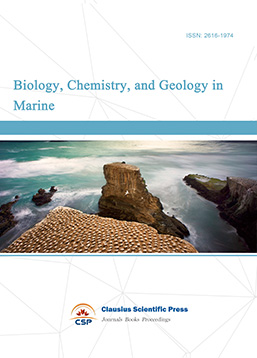
-
Water-Soil, Biological Environment and Energy
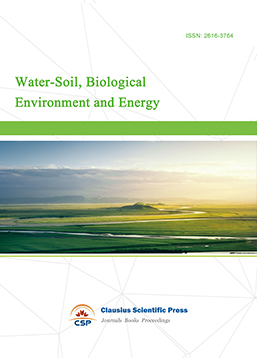
-
Geodesy and Geophysics
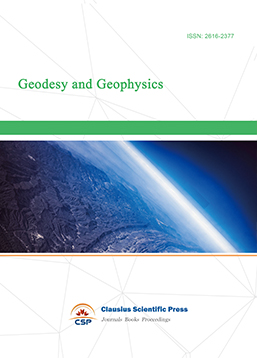
-
Journal of Structural and Quaternary Geology
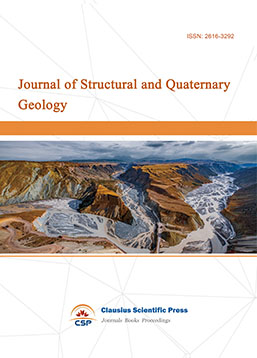
-
Journal of Sedimentary Geology
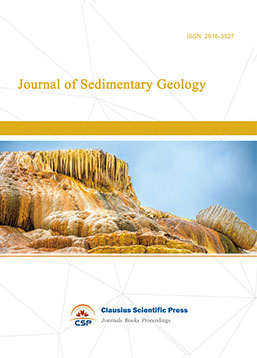
-
International Journal of Polar Social Research and Review
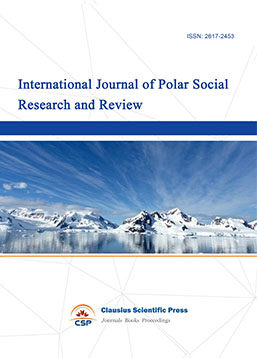

 Download as PDF
Download as PDF